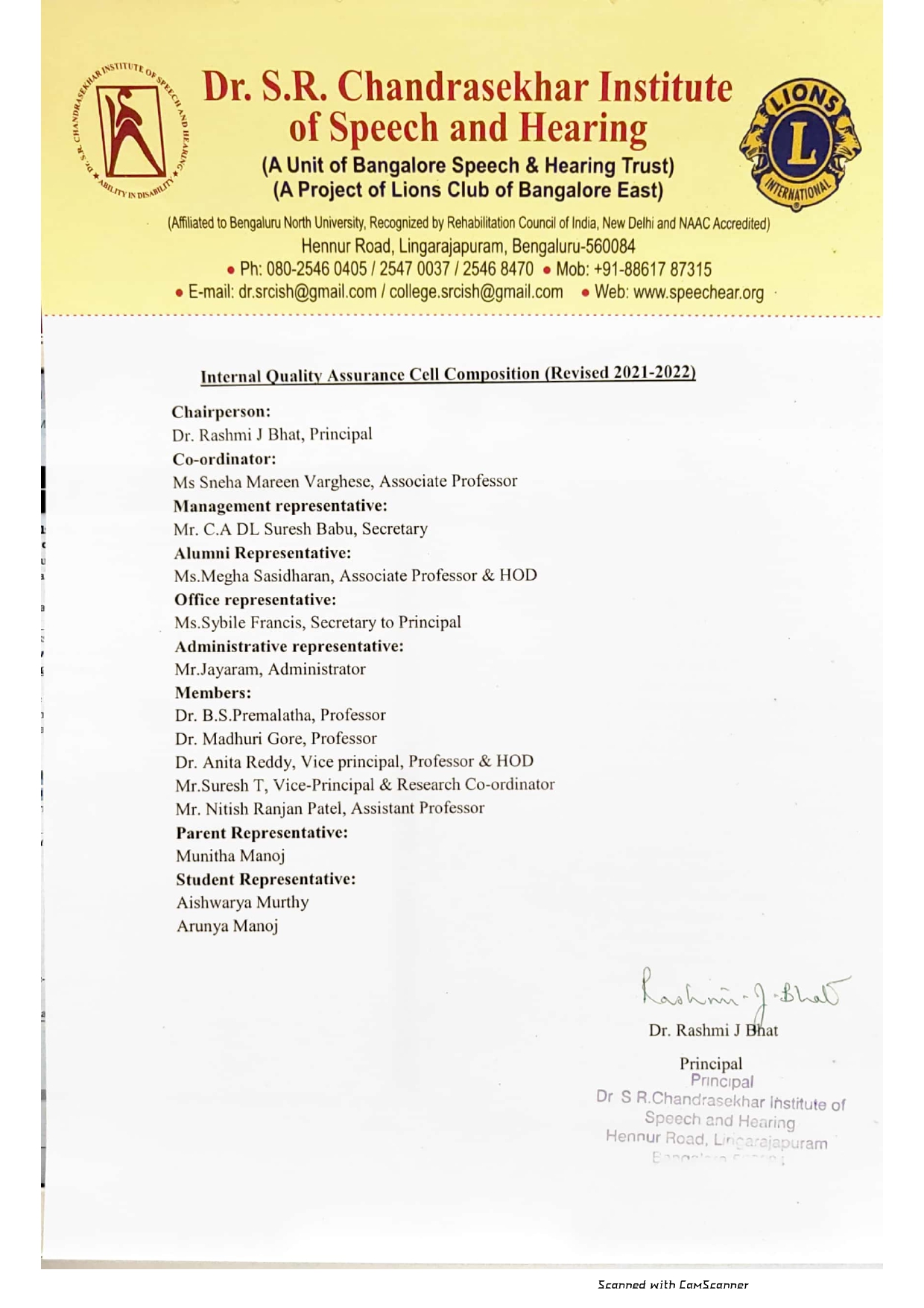Topic 1
1. Title of the Practice: Parent Support Network (PSN)
2. Objectives of the Practice
PSN helps parents achieve the following objectives:
• To connect with other parents facing similar challenges
• To empower parents and provide a sense of belonging
• To share their experiences and concerns regarding their child
• To reduce stress and help parents deal with disability issues
• To learn about the processes and professionals that can help
• To discuss school options and therapeutic services
• To help parents find their voice in matters of advocacy
• To gain skills that will help support their child better
• To create opportunities for parents to socialize with other parents
• To plan activities and play-dates for their children
• To support parents who are in need
3. The Context
Parents who have a child with special needs feel alone and isolated. They need support in finding the best services for their child and guidance for making well informed decisions. Several parents do not receive the necessary information required for helping their child, which may lead to delay in identification and intervention. This compounds their child’s difficulties and increases the gap between the child and his/her peer group. When parents meet others who have been in the same situation, they feel connected and are able to share their deepest fears and concerns. This can be a cathartic experience that is necessary for every parent that struggles with feelings of guilt, helplessness and agony. Bringing up a child with special needs is an arduous task. It requires medical, emotional, physical and social support. If parents do not receive this timely support, their child’s development and progress may be impacted. They require a support group that provides strong relationships, strategies for dealing with stress, resources, knowledge and an understanding of child development. The type of support needed by families may vary based on individual needs. One family may require advice on educational support, while another may need guidance in terms of feeding and self-help skills. Unfortunately, some parents don’t have access to such critical support, which may lead many well-meaning parents to engage in neglect or abuse. This adds to the difficulties of a child who may be already struggling in areas such as communication, behaviour, movement or cognition. Parents who receive timely support and guidance are able to provide safe homes for their children, who thrive in a healthy environment.
4. The Practice
PSN functions as a network that provides opportunities for parents to meet on a regular basis to discuss the progress of their child, the challenges they face in their daily lives and also to share their experiences in raising a child with special needs. The staff of Dr S. R. Chandrasekhar Institute of Speech and Hearing (DrSRCISH)run the Parent Support Network for parents of children with special needs. Due to the pandemic, some of the meetings were held online. With reduction in Covid restrictions, the PSN meeting for the month of August was held face-to-face in the auditorium of the Institute. All the parents, who are members of PSN are also part of a WhatsApp group that is used for planning the meetings and helping parents with their queries. In India, the concept of Parent Support Groups is relatively new. A lot of clients come from lower socio-economic backgrounds so they expect support in terms of monetary benefit, free resources, or discounts in therapy sessions. It needs a lot of counselling on the part of the staff to help parents understand that PSN is not about tangible benefits. It is a platform that helps parents create a Network that helps them connect with other parents who are in the same boat. The aim of PSN is to create a network that supports parents medically, emotionally, and socially. It also provides easier access to information, resources, and services.
5. Evidence of Success
Till date, 44 parents have joined PSN. They are happy to be part of the parent support group and have provided feedback on how these meetings have helped them manage their children better. Parents mention that interacting with others in similar circumstances gives them hope and strengthened their faith in the process of rehabilitation. PSN meetings have provided parents with deeper insights about their child and have helped them learn new strategies to manage their child’s communication, behaviour, and social skills. The Deputy Director Clinical of Dr. SRCISH, Dr. Sarika Khurana personally interacts with parents during these meetings. She counsels them regarding the need for parent involvement in the intervention process and guides them to support their child’s communication and learning at home. Dr Khurana motivates parents to participate wholeheartedly and participate in PSN by sharing their experiences with other parents.
6. Problems Encountered and Resources Required
Some challenges faced by PSN include:
• Difficulty convincing parents to join the network since the majority of parents expect tangible gains such as discounts and free resources/sessions.
• Several parents are in denial. They feel that their child does not have any disability so they do not sign up for PSN meetings and fail to avail the necessary services.
• Majority of parents are working so they are unable to find the time to attend PSN meetings.
• Due to the pandemic, many parents discontinued services and returned to their hometown.
• Poor internet connectivity for some parents made it difficult for them to join online PSN meetings.



